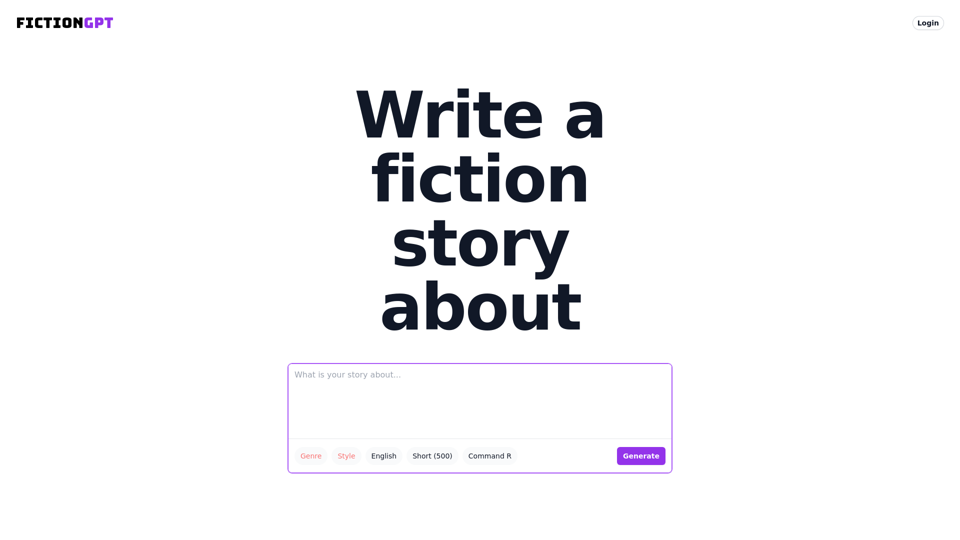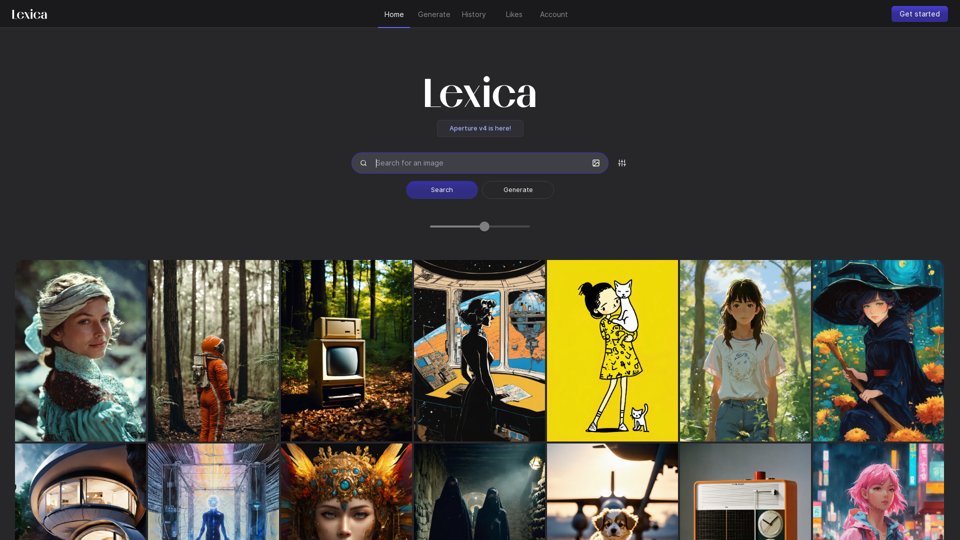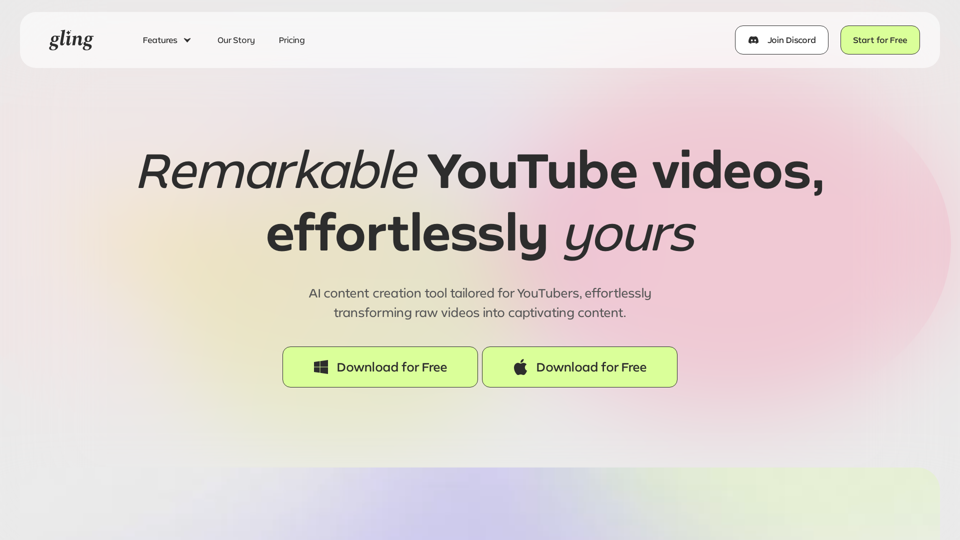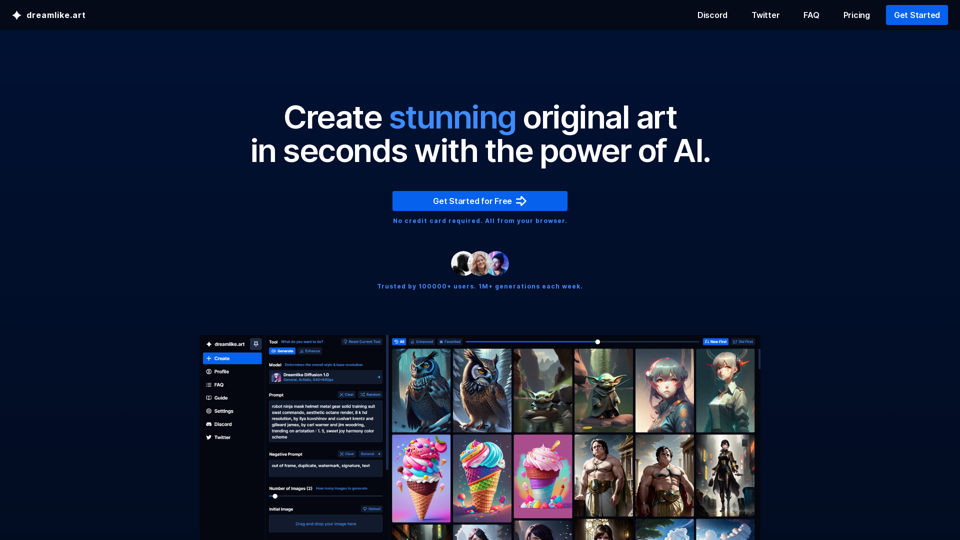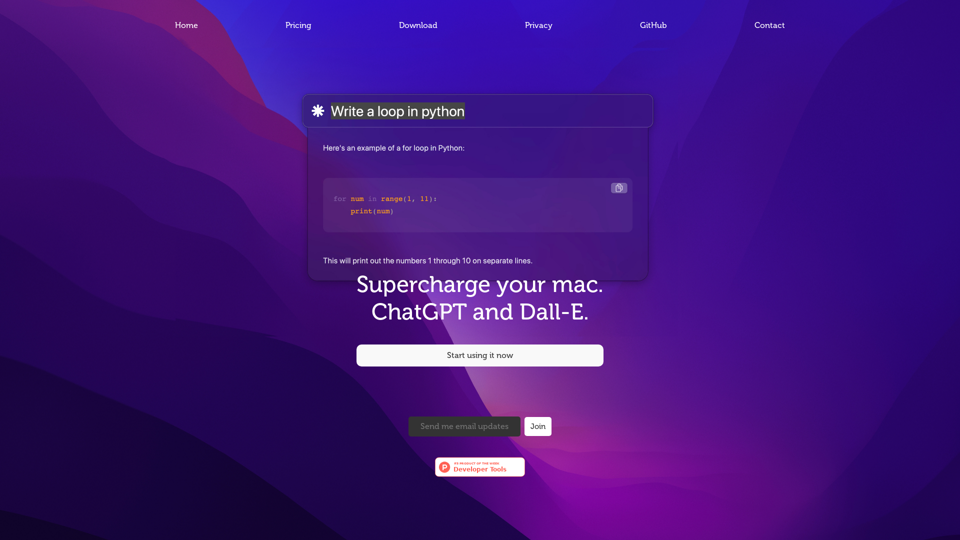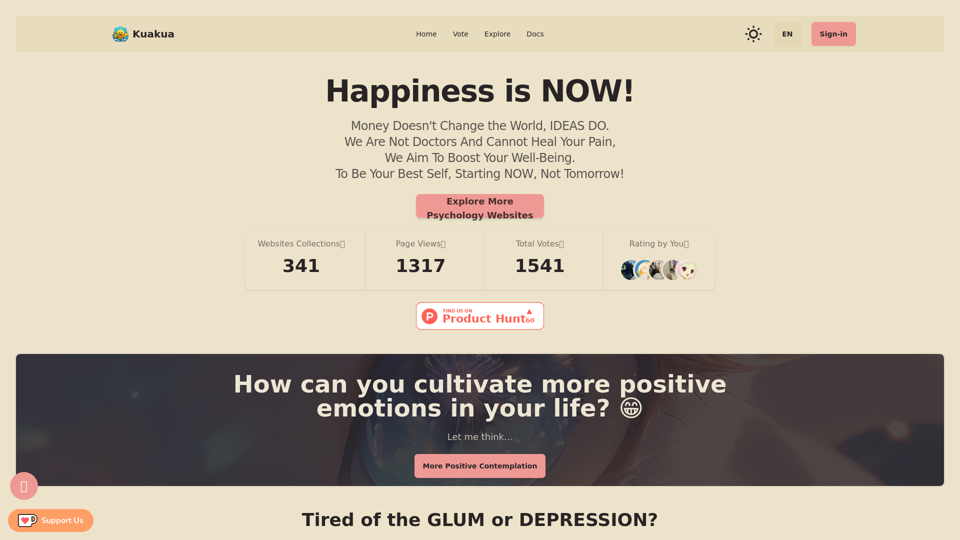什么是心理健康中的人工智能?
心理健康中的人工智能(AI)指的是利用先进的算法和机器学习技术来提升心理健康护理。AI工具旨在帮助诊断心理健康状况、个性化治疗计划,并通过聊天机器人等数字平台提供即时支持。
心理健康中AI的好处
提高可及性
- AI驱动的心理健康应用程序和聊天机器人提供24/7的心理健康支持,打破了地理和时间的障碍。
- 它们提供了一种比传统疗法更实惠的替代方案,后者可能昂贵且难以获得。
增强诊断准确性
- AI算法可以分析大量数据,准确诊断心理健康状况,往往比传统方法更精确。
- 使用机器学习技术来预测患者结果并相应地定制干预措施。
个性化治疗计划
- AI可以通过分析患者数据,包括病史、生活方式和遗传信息,创建定制的治疗方案。
- 这种个性化确保治疗计划更有效,更符合个人需求。
支持心理健康专业人士
- AI工具通过自动化例行任务、分析患者数据和提供增强临床决策的见解来协助治疗师。
- 它们为心理健康专业人士腾出时间,专注于提供同理心的护理。
隐私和匿名性
- 基于AI的心理健康解决方案提供了一定程度的隐私,鼓励个人在没有恐惧判断的情况下谈论敏感问题。
- 这对因污名而犹豫寻求传统治疗的人特别有益。
如何在心理健康中使用AI
聊天机器人和虚拟助手
- 像Woebot和Tess这样的聊天机器人提供按需情感支持和认知行为疗法(CBT)练习。
- 它们与用户交谈,跟踪他们的进展,并提供个性化建议。
可穿戴设备
- 配备AI的可穿戴设备可以监测心率和睡眠模式等生理信号,以评估心理健康。
- 这些设备提醒用户和医疗提供者潜在的心理健康问题,从而实现及时干预。
数据驱动的洞察
- AI系统分析电子健康记录、社交媒体活动和其他数据来源,以识别心理健康状况的早期迹象。
- 这种主动的方法有助于防止心理健康问题的升级。
与医疗系统的整合
- AI工具集成到医疗系统中,以简化工作流程、增强患者参与度并改善治疗依从性。
- 它们帮助管理患者数据、安排预约并提供教育内容。
心理健康中的AI正在改变格局,提供创新解决方案来应对全球心理健康危机。通过提高可及性、个性化和支持,AI有潜力显著改善全球心理健康结果。
